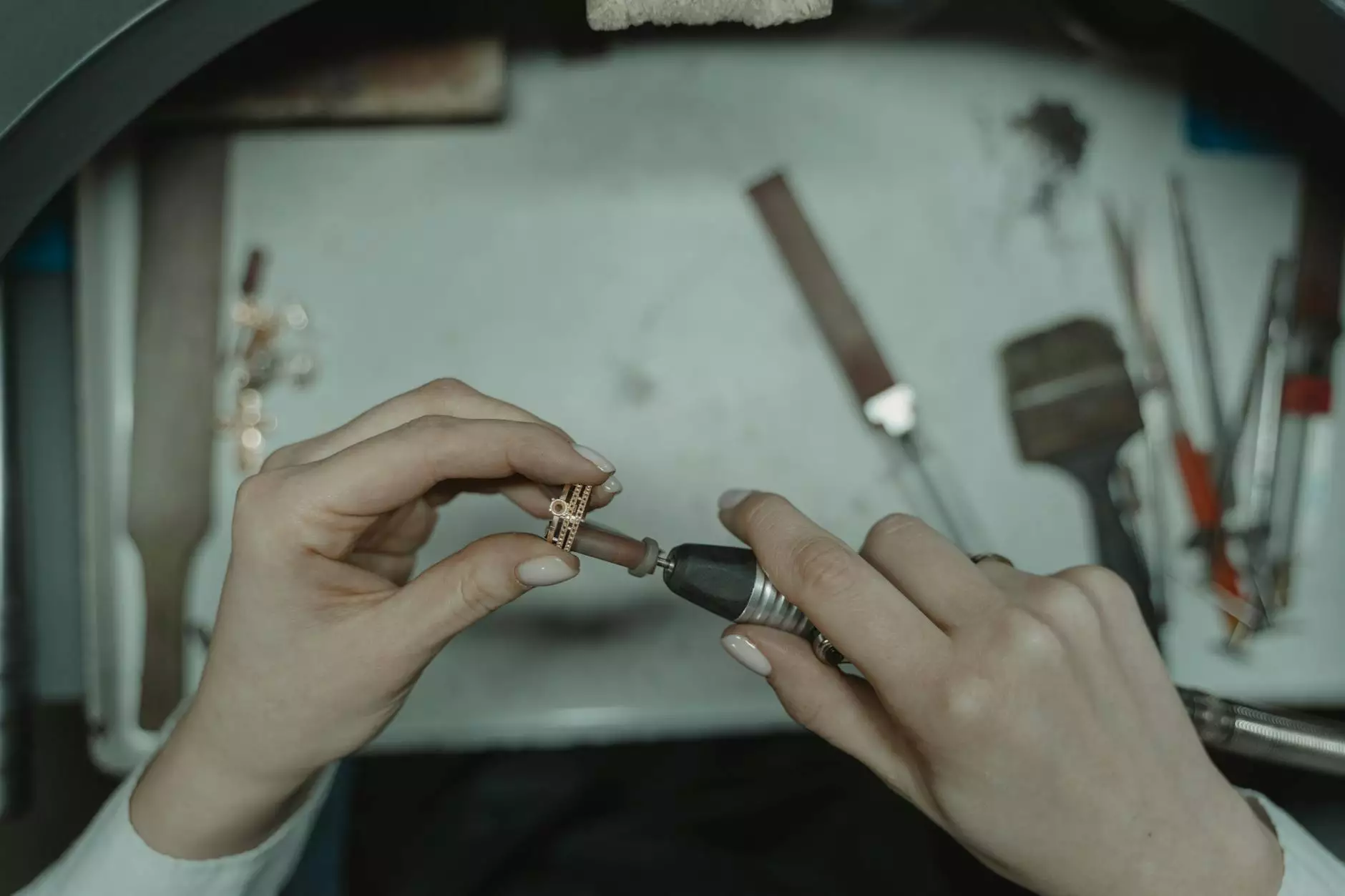The Comprehensive Guide to Metal Fabricators

Understanding Metal Fabrication
Metal fabrication is a critical process in the manufacturing industry, encompassing the creation of metal structures and components through various techniques. This intricate art involves processes such as cutting, bending, welding, and assembling metal parts, which are essential in a myriad of applications, from automotive to aerospace and construction. The importance of skilled metal fabricators cannot be overstated; they transform raw materials into useful products and solutions tailored to client specifications.
The Role of Metal Fabricators
Metal fabricators are integral to the manufacturing supply chain. Their expertise not only ensures that products meet industry standards, but also enhances the performance and longevity of manufactured goods. A proficient fabricator can significantly influence the final outcome—whether that's achieving a more lightweight construction or enhancing a product's durability.
Key Techniques in Metal Fabrication
Here are some of the essential techniques used in the metal fabrication process:
- Cutting: Various methods are employed to cut metal sheets, including laser cutting, water jet cutting, and plasma cutting.
- Bending: This technique shapes metal at specific angles or curves using presses or brake machines.
- Welding: Combining metal components by melting and fusing them is fundamental, with techniques including MIG, TIG, and spot welding.
- Assembling: This final step involves putting together separate fabricated parts into a cohesive unit, often using techniques like riveting, bolting, and gluing.
Categories of Metal Fabrication Services
Metal fabrication services can vary widely depending on the industry needs, and businesses such as DeepMould offer a diverse range of services tailored for different sectors:
- Custom Fabrication: Tailoring metal components to specific requirements of clients and projects, often seen in industrial applications.
- Prototype Development: Engineers and designers utilize fabricators to create prototypes that can be tested and evaluated before full-scale production.
- Contract Manufacturing: Partnering with companies to supply them with large quantities of components, ensuring consistency and quality.
- Sheet Metal Fabrication: The process of transforming flat sheets of metal into specific shapes and components, vital for many applications.
The Importance of Quality Control
Quality control is paramount in metal fabrication. Businesses like DeepMould prioritize stringent quality checks at every stage of the fabrication process to ensure the final products meet the necessary specifications and standards. This includes:
- Regular inspections.
- Material testing.
- Dimensional accuracy checks.
- Periodic audits of production processes.
By implementing rigorous quality assurance procedures, metal fabricators can improve product reliability and customer satisfaction, thereby enhancing their reputation and competitiveness in the industry.
Trends Shaping the Future of Metal Fabrication
The industry of metal fabrication is not static; it evolves continuously with technological advancements and market demands. Here are some key trends:
- Automation: The rise of automated machinery and robotics is increasing the efficiency of metal fabrication processes while reducing human error.
- Sustainability: There is a growing emphasis on environmentally-friendly practices, including recycling materials and reducing waste.
- Advanced Materials: The emergence of new alloys and composites is driving innovation, requiring fabricators to adapt and enhance their capabilities.
- Digital Manufacturing: Utilization of CAD (Computer-Aided Design) and CAM (Computer-Aided Manufacturing) technologies allows for precise designs and efficient production workflows.
Why Choose DeepMould for Metal Fabrication?
Choosing the right partner for your metal fabrication needs can greatly impact the success of your projects. DeepMould stands out for numerous reasons:
- Expertise: With years of experience in the industry, our team of skilled professionals possesses the knowledge necessary to execute complex fabrication tasks efficiently.
- State-of-the-Art Equipment: We invest in the latest technology to ensure precision and quality in every project, regardless of scale.
- Customer-Centric Approach: Our dedication to understanding client needs means we tailor our services to fit specific project requirements, ensuring satisfaction.
- Comprehensive Services: From initial design to final assembly, we provide a full suite of fabrication services, making us a one-stop-shop for metal solutions.
Conclusion: The Future of Metal Fabrication
As industries continue to expand and diversify, the role of metal fabricators will only grow in importance. Innovative practices and technologies will define the future of this vital sector. Businesses like DeepMould are at the forefront of this evolution, ready to meet the challenges and demands of the future while providing exceptional quality and service.
In conclusion, whether you are looking for standard fabrication services or needing custom solutions tailored to your unique requirements, understanding the core aspects of metal fabrication can help you make informed decisions. Explore your options today and consider collaborating with industry leaders to achieve success in your projects.
https://www.deepmould.net/








